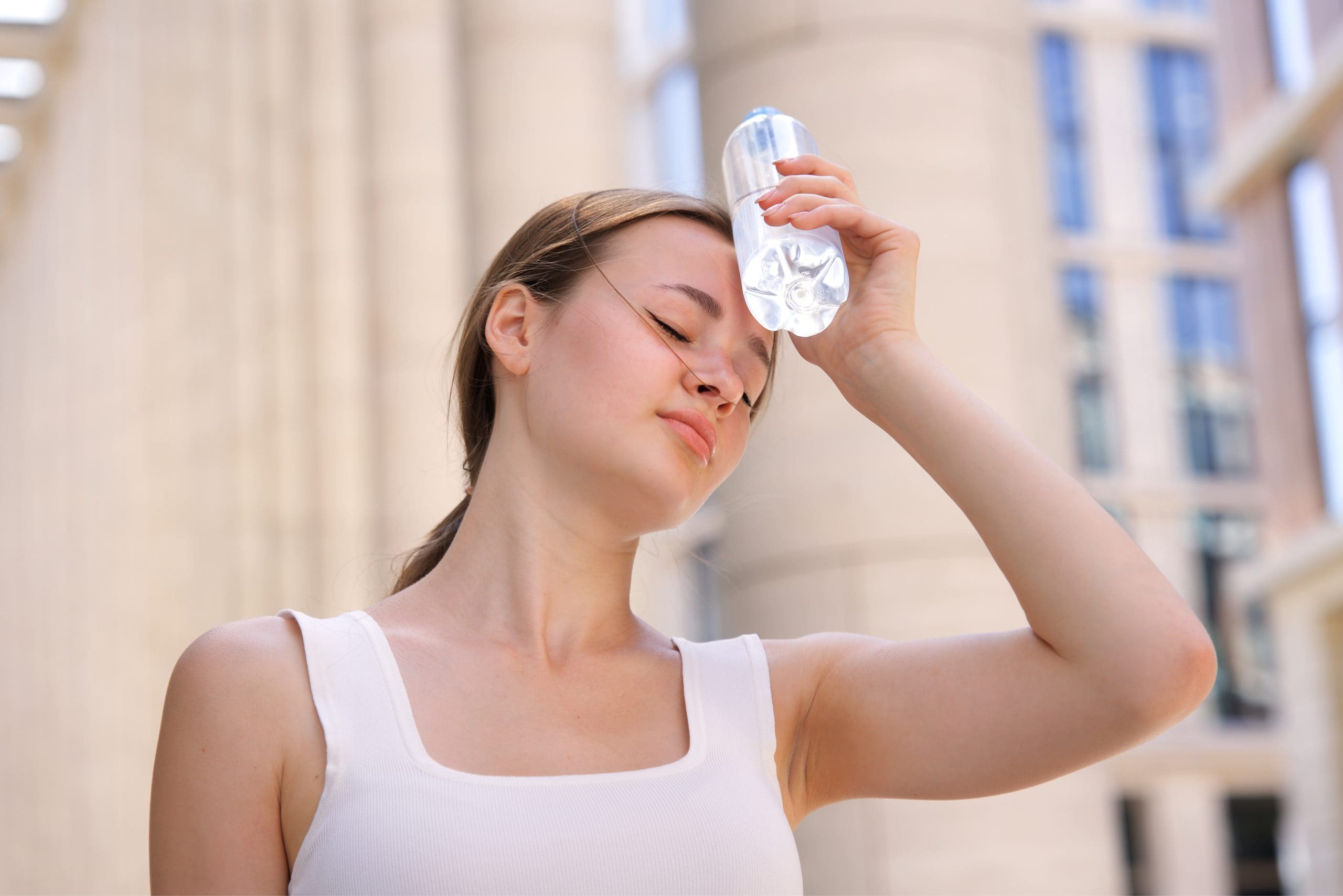Dehydrated skin can be a common woe for many individuals, leading to a dull complexion, tightness, and an overall lack of suppleness. Understanding the causes of dehydrated skin is crucial in developing an effective skincare routine and making lifestyle adjustments to promote hydration from within. In this article, we’ll explore the various factors that contribute to dehydrated skin and provide insights into maintaining optimal skin hydration.
1. Inadequate Water Intake:
One of the primary causes of dehydrated skin is a lack of sufficient water intake. When the body is not adequately hydrated, the skin loses moisture, leading to dryness and a compromised skin barrier. It’s essential to maintain a regular and ample water intake to support overall skin health.
2. Environmental Factors:
Environmental conditions can play a significant role in skin hydration. Exposure to harsh weather conditions, such as cold winds or intense sunlight, can strip the skin of its natural moisture. Additionally, indoor heating and air conditioning systems can contribute to dry air, exacerbating dehydration. Protecting the skin with appropriate clothing and using humidifiers can help mitigate these environmental factors.
3. Overuse of Harsh Skincare Products:
Certain skincare products, particularly those containing alcohol, strong acids, or harsh cleansers, can strip the skin of its natural oils. Overuse of these products can compromise the skin barrier, leading to increased water loss and dehydrated skin. Opting for gentle, hydrating formulations is crucial, especially for individuals with sensitive or easily dehydrated skin.
4. Hot Showers:
While a hot shower may be comforting, it can be detrimental to the skin’s hydration. Hot water strips the skin of its natural oils, leading to dryness and dehydration. To maintain skin hydration, opt for lukewarm water during showers and limit shower time.
5. Poor Diet:
Nutrition plays a vital role in skin health. A diet lacking in essential fatty acids, vitamins, and minerals can contribute to dehydrated skin. Foods rich in omega-3 fatty acids, antioxidants, and hydration-promoting nutrients can support skin health from the inside out.
6. Stress:
Stress can manifest in various ways, and the skin is not exempt from its effects. Elevated stress levels can compromise the skin barrier and contribute to dehydration. Incorporating stress-reducing activities into your routine, such as mindfulness or exercise, can positively impact overall skin health.
7. Ageing:
As we age, the skin’s natural ability to retain moisture diminishes. The production of natural oils and certain skin proteins decreases, making the skin more prone to dehydration. Adjusting skincare routines and using products specifically designed for mature skin can help address age-related dehydration.
8. Medical Conditions:
Certain medical conditions, such as eczema, psoriasis, or hormonal imbalances, can contribute to dehydrated skin. Consulting with a healthcare professional or dermatologist is crucial for addressing underlying medical factors and developing an appropriate skincare regimen.
Dehydrated skin can result from a combination of internal and external factors. Understanding these causes is the first step in developing a comprehensive approach to combat dehydration. Implementing lifestyle changes, adopting a hydrating skincare routine, and addressing any underlying medical concerns can collectively contribute to achieving and maintaining optimal skin hydration. As with any skincare concern, consistency and a holistic approach are key to promoting healthy and hydrated skin.
